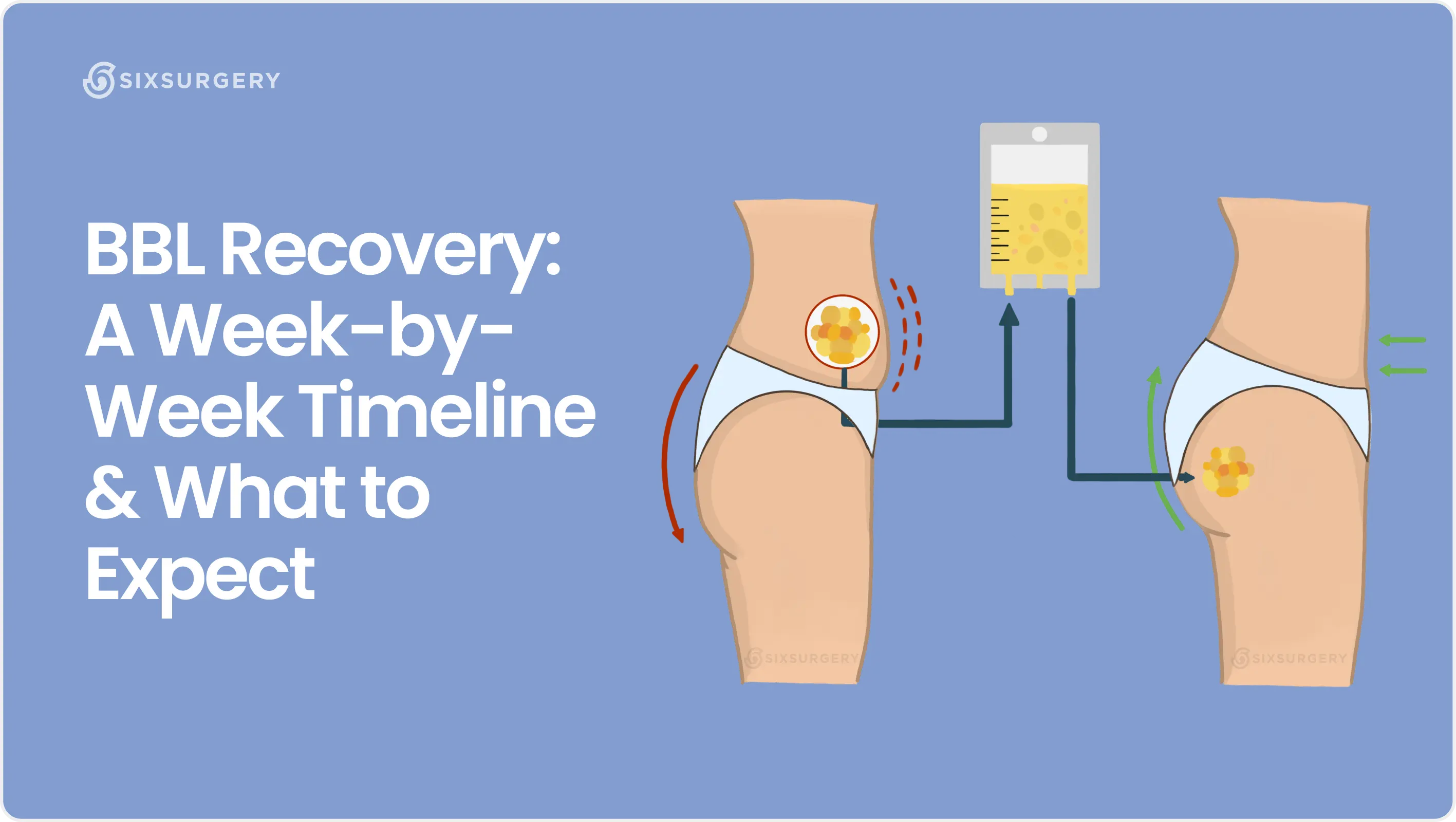Breast
Breast AugmentationBreast Lift (Mastopexy)Breast ReconstructionBreast ReductionTop SurgeryFat Transfer Breast AugmentationAt some point or another in our lives, we’ve all fallen victim to the false advertising beauty campaigns. Wraps that will shed your cellulite and tighten your skin in a couple of hours, breast enhancement creams, wrinkle treatments that only require ten minutes to work, and the list goes on. The truth is, we all desperately want to believe that these miracle quick fix solutions are the answer to our prayers. So are these forms of extremely unrealistic and false advertising illegal?

There is no over night cure for larger breasts, or masks that will tighten your wrinkles, despite those facts, thousands of false advertisers and flashy signs continue to happen regularly. Why?
False beauty advertising falls in the hands of Federal Trade Commission with its team of state attorneys and the Food and Drug Administration partakes in on matters involving cosmetic products. Although this may seem like enough, both of these agencies are limited to their resources in enforcement.
Sure, lawsuits are filed in the case of the FDA, but action is, unfortunately, rarely taken. These procedures are quite costly, time consuming with no guarantee of success. As a result, the extent of the roles from these agencies is to send warning letters to the scam companies that advertise their lies. These sellers are well aware of the agencies’ passive approach, and this is why they endure their faulty products.

One in ten people fall victim to false advertising
But these agencies are not alone in their fight towards eliminating these scam manufacturers from the web, they are now in pursuit of class action lawyers. These lawyers mean business, as they collect a significant number of suits against these deceptive manufacturers.
Unfortunately the FDA’S threatening letters do little direct damage to these manufacturers, even in court these documents are not enough evidence to condemn and pursue the company. They do, however, act as indicators to potential cases, which will require further investigation by the law. The Supreme Court requires very meticulous and detailed information regarding the suit, and as a result, many of the smaller cases never make it or find justice. There needs to be excessive proof that the product or advertiser was fraudulent, even for class action plaintiffs.
While it may seem like common sense that no essential oil will take ten years off your skin, the sad truth is that the law will never be able to completely resolve each and every fraudulent manufacturer out there. Although of these adds may appear as polished and believable with their less blatant claims, it’s important to not fall prey to their traps.
The best and only way to avoid these scams is to defend yourself through research and neutral third party validation. If it sounds too good to be true, than it probably is!











